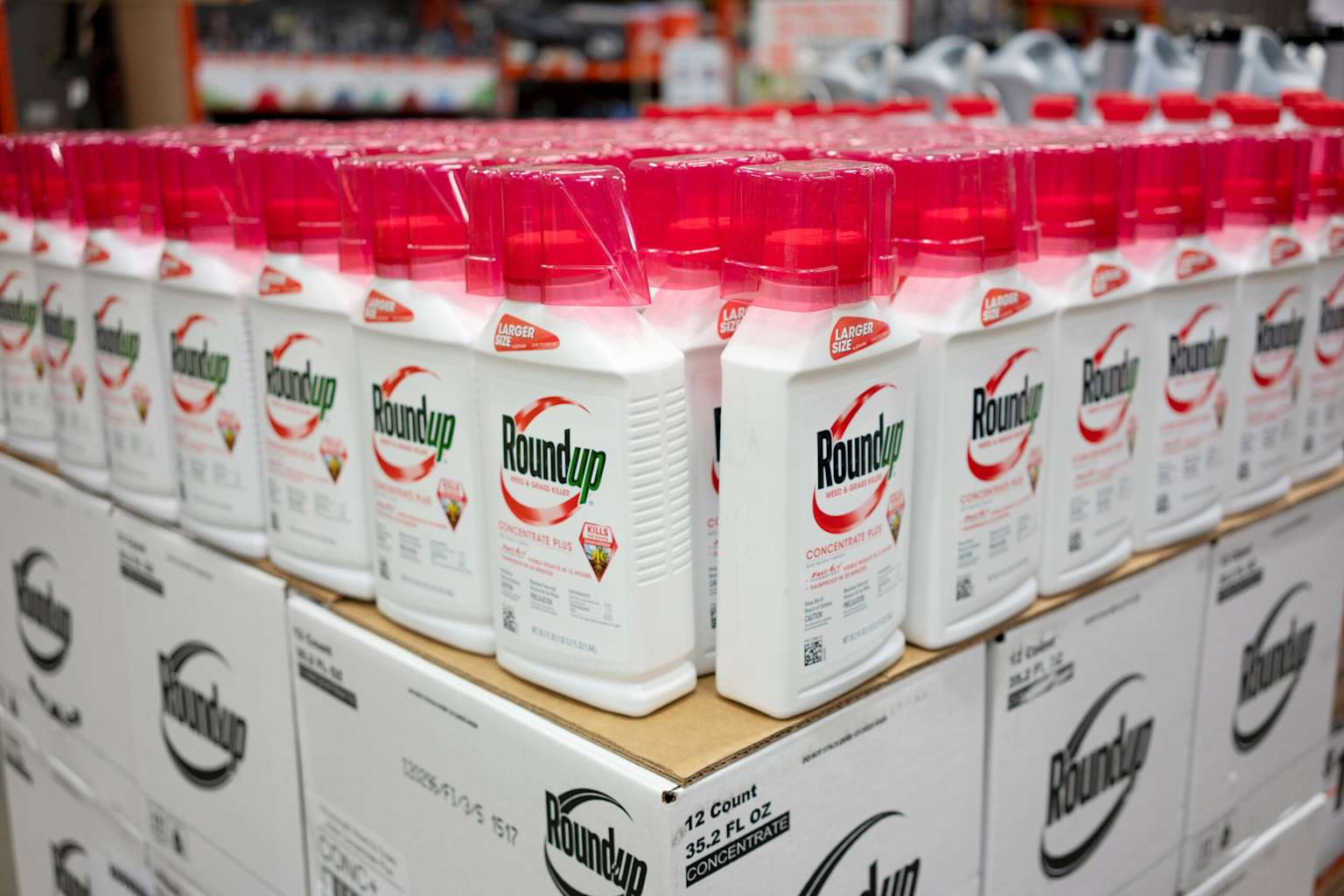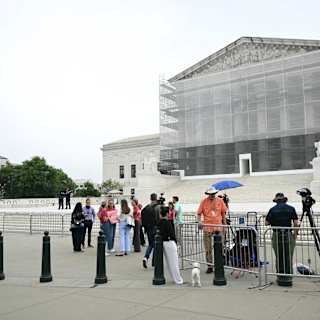- Legal Crossroads
- Circuit Split Emerges
- Billion-Dollar Stakes
The U.S. Supreme Court on Monday requested input from the Biden administration on whether to hear Bayer AG's appeal of a Roundup cancer verdict, a move that could determine the fate of thousands of pending lawsuits against the German pharmaceutical giant.
The high court asked the Solicitor General to file a brief in Monsanto Company v. John L. Durnell, signaling the justices are seriously considering whether federal pesticide law shields companies from state failure-to-warn claims. The case centers on a $1.25 million verdict awarded to a Missouri man who developed non-Hodgkin's lymphoma after using the glyphosate-based herbicide.

The Supreme Court's request comes after Bayer petitioned for review in April, following the Missouri Court of Appeals' February decision to uphold the verdict12. At the heart of the dispute is whether the Federal Insecticide, Fungicide, and Rodenticide Act preempts state tort claims when the Environmental Protection Agency has approved a product label without cancer warnings.
"We see this request as an encouraging step and look forward to hearing the views of the government on FIFRA's federal preemption provision," Bayer CEO Bill Anderson said in a statement12. The company argues that allowing state courts to punish companies for following federal law "makes companies like ours a prime target of the litigation industry."
The legal landscape has become fractured, with federal appeals courts reaching opposite conclusions. The Third Circuit unanimously ruled in August that federal law preempts state failure-to-warn claims regarding Roundup, while the Ninth and Eleventh Circuits have allowed such cases to proceed12. This circuit split increases the likelihood the Supreme Court will take the case.
Durnell's attorneys counter that no true split exists, noting that most courts have rejected Bayer's preemption arguments2. Oregon and California state appellate courts have also sided against the company's federal preemption claims34.
Bayer faces approximately 181,000 Roundup-related lawsuits and has already allocated $16 billion for settlements, resolving roughly 80% of the initial 100,000 cases12. Recent verdicts have reached into the hundreds of millions, including a $2.1 billion Georgia jury award and a $611 million Missouri verdict1.
The company has adopted a two-pronged strategy: removing glyphosate-based Roundup from retail shelves by 2023 and pursuing the preemption argument through appeals3. Bayer has also lobbied for protective legislation in nine states, including Iowa and Missouri2.
Following Monday's announcement, Bayer shares fell approximately 3%4. The Supreme Court is expected to announce whether it will hear the case after reviewing the Solicitor General's brief, with arguments potentially scheduled for the 2025-2026 term.



